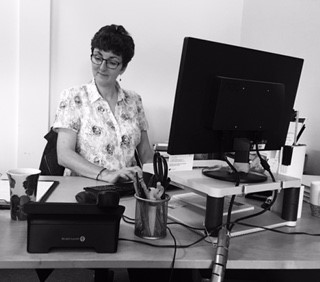 This post gives general advice about what a Simple Caution is and whether you should accept one if offered one. If you need specific advice about an ongoing case involving a simple caution, call our expert team now on 0800 1933 999 for bespoke advice.
This post gives general advice about what a Simple Caution is and whether you should accept one if offered one. If you need specific advice about an ongoing case involving a simple caution, call our expert team now on 0800 1933 999 for bespoke advice.
What is a ‘Simple Caution’?
Previously known as a formal or police caution, it is a formal warning which may be given by the police to a person of 18 years of age who admits to committing an offence.
This disposal is aimed at dealing with low-level, mostly first-time offenders without the need for prosecutions, in circumstances whereby certain criteria are met.
NB: A conditional caution is not the same thing as a simple caution – conditions are attached to the former. Conditional cautions were introduced by the Criminal Justice Act 2003.
A simple caution should only be offered to a person who admits the offence (“offender”), and who agrees to accept the simple caution. Offenders can refuse to accept a simple caution even if they have admitted guilt to an offence and their refusal may result in a prosecution.
A simple caution should only be offered where the decision maker is confident that there is sufficient evidence for a realistic prospect of conviction if the offender were to be prosecuted.
A simple caution should not be offered if the decision maker decides it would be in the public interest for the offender to be prosecuted.
The caution forms part of an offender’s criminal record and may be referred to in future legal proceedings, or be disclosed in certain criminal records checks. Offenders should be warned about this before they accept a simple caution.
There is no formal right of appeal against this once it has been accepted by an offender, but it can be challenged by way of a complaint against the issuing police force, or in court by way of a judicial review.
Should I accept a simple caution?
Before you decide whether or not to accept the offer, you need to consider the following issues:-
– Do you admit the offence? (If you do not, then you should not accept, as to accept it is an admission of your guilt.)
– The simple caution, once accepted, forms part of your criminal record. A record will be retained by the police and it may be referred to in future legal proceedings.
– Some criminal records checks may reveal this in future (i.e. to present or potential employers, in some occupations).
– If you accept this disposal in relation to an offence in Schedule 3 to the Sexual Offences Act 2003 will result in the offender becoming a “relevant offender” for the purposes of the notification and registration requirements of Part 2 of that Act. This means that the offender will be put on the “sex offenders register” for two years from the date of the simple caution.
– It may be taken into account by the Disclosure & Barring Service (DBS) for those working, or intending to work, with children and vulnerable adults.
– If further evidence comes to light after it has been accepted, a prosecution could still be brought against an offender, or a civil action, or a private prosecution.
– Entry to other countries could be denied as some countries’ immigration policies may treat this in the same way as a conviction.
If you have concerns about the offer or acceptance of a simple caution, contact our office today for initial, free advice on 01623 397200.



